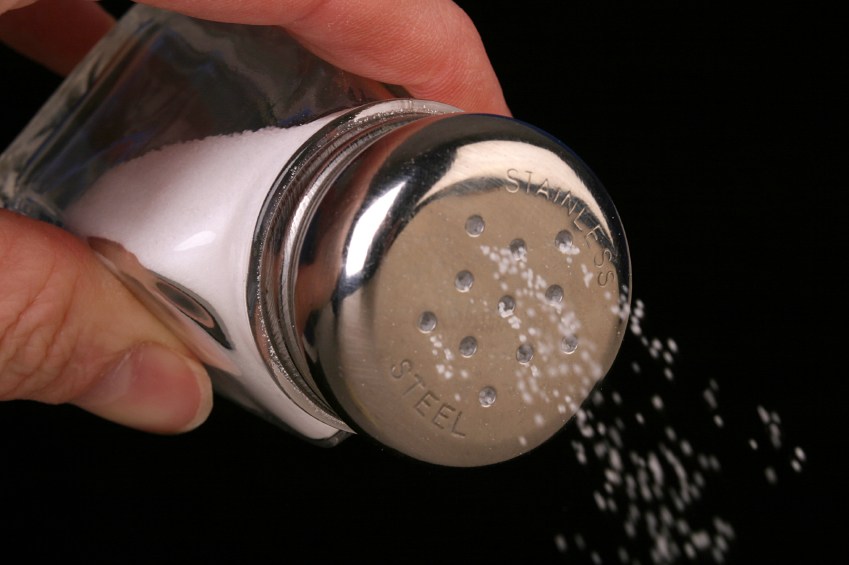( Note: I was informed by one of the members that she has been receiving notification for new entries, but after checking, discovered there was none. If you've been experiencing this, my apologies! Everytime I draft a new entry, I'll publish it just to see what the end result looks like-- I wasn't aware it might be clogging your email box! So, I can assure you it won't happen again, ya? Please give me your feedback every now and then so such 'annoyances' don't occur. Thanks!)
When my eldest girl was born, I was a very idealistic mama. I wanted to do EVERYTHING right and by the book. So when it comes to discipline and behaviour management, I did not want to resort to the Asian staple - the rattan. So, other methods e.g. positive & negative reinforcements, time-out, plenty of reasoning & communicating at her eye level, a lot of hugs and kisses..etc worked for me---right until between the ages of 3 to 4...and still counting..
Suddenly, my angel took on a Jekyll and Hyde persona. Most times, she could be super-sweet that she would melt your heart. And I thank the Almighty I'm the blessed mother of such a loving child. Other times, she made me wish I had a remote control so I could put her in 'pause' mode while I cool down.
One case scenario: She wanted ice-cream before lunch, I said no as it would spoil her appetite, she started whining, I was firm. Then, it started.. she screamed, wailed, kicked, shook her body like jelly, crying, "I want, I want, I want!!!!!" all the way, from the car park, across the playground, past the gym (we live in an apartment), the lobby, all the way in the elevator right up to 11th floor, out of the elevator, in the hallway, in our room... My reasoning fell on deaf ears, she wouldn't sit in the chair for time-out, ignoring her only made her scream louder...
Now, dear mamas, if your child were to behave that way, what would you have done?
If all else fails, and if I think that my child needs a spanking, I adhere to the following ground rules:
Do:
1) Use that as a last resort
2) Make sure I am calm and of sound mind i.e. not in a blind rage!
3) Explain to the child why her action warranted such a measure before and after it's executed. Always make up after that. Remind her I still love her.
4) Keep it relevant - it should immediately follow the undesirable behaviour, not 3 hours later, so my child can relate the action to the consequences.
5) Short & Sweet - I think the first sting of pain is sufficient to drive home the message
Don't:
1) Spank in public - I want to address the behaviour, not humiliate or scar my child even if it is in front of her siblings.
2) Vent - I'm not taking out my frustration on my child and then calling it 'discipline'
3) Hurt her - I don't want to injure her by using anything with a barbed or sharp end e.g. a branch, a belt buckle, clothes hanger
4) Correct mistakes with it - I reserve spanking for actions which she knows she shouldn't commit, I don't use it to punish mistakes e.g. writing/spelling/reading/not getting A's, spilling, breaking something or anything else that is accidental
5) Overdo it - in everything, moderation is the key. I don't want this to damage our relationship or have my child distance herself from me.
What do I use?
Honestly, I don't have a rattan. I use a wooden spatula. The flat end just causes a slight sting, not scars.
Pros
I think it is effective at first.
Cons
-Not so effective after a long time unless I hit harder or more, which I don't want to do.
-Also, my child will start to imitate me by either hitting me or her sibling, which again is something I do not want. How do you explain to her Mummy can hit you but you cannot hit Mummy?
So, mamas what do you think? Is there anyway we can bring up our kids without spanking? And will they turn out alright ? Or do you believe spanking is necessary sometimes?

 At the end of the day, bear in mind that your child was once like this: an innocent baby, a sweet and loving child... and we want only the best for him/her...
At the end of the day, bear in mind that your child was once like this: an innocent baby, a sweet and loving child... and we want only the best for him/her...
We just don't want them to turn out like this:

(Most of the views expressed here are my own...)
Carpe Diem, ladies!
becky



































